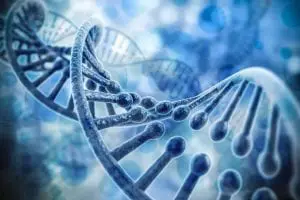
Genetic factors of addiction
According to research done in Am J Psychiatry (1999) and Curr Psychiatry Rep (2001), the chances of developing an addiction can as can multiply by as much as a factor of 8, if their parents were addicts, due to hereditary factors that are passed down to the addict through their genetics. According to these studies, the cause of addiction in these individuals can be blamed, by about 50%, on the genetic makeup of a person. The other 50%, however, is due to other issues that have to do with social environments, coping skills, and so on. These genetic predispositions towards addiction aren’t relegated to any particular substance, either, and are universal across any type of addiction.
Ironically, there is an evolutionary reason for this
Many people what evolutionary benefit a gene that passes addiction down to offspring might have for our species. However, the ironic thing is that it makes sense, from a standpoint of humans thousands of years ago. Essentially, the pleasurable feeling that develops in our brains was originally designed for food and sex, which are both very important things for continuing our bloodlines. Many illicit substances, however, are able to replicate this feeling in our brains by a higher magnitude than initially intended. Those with the hereditary trait of addiction are hardwired to seek out those pleasurable elements, more.
You aren’t doomed to addiction if you have those genes
Just because a person possesses the particular genetic makeup that makes them more susceptible to addiction, it doesn’t mean that they are subjugated to a life of substance abuse. There are still many factors that go into a person’s life that will change how they cope with the things that happen around them. Most individuals who have hereditary traits of addiction don’t even flirt with it in their lives, and instead go on to have happy families with happy lives.
